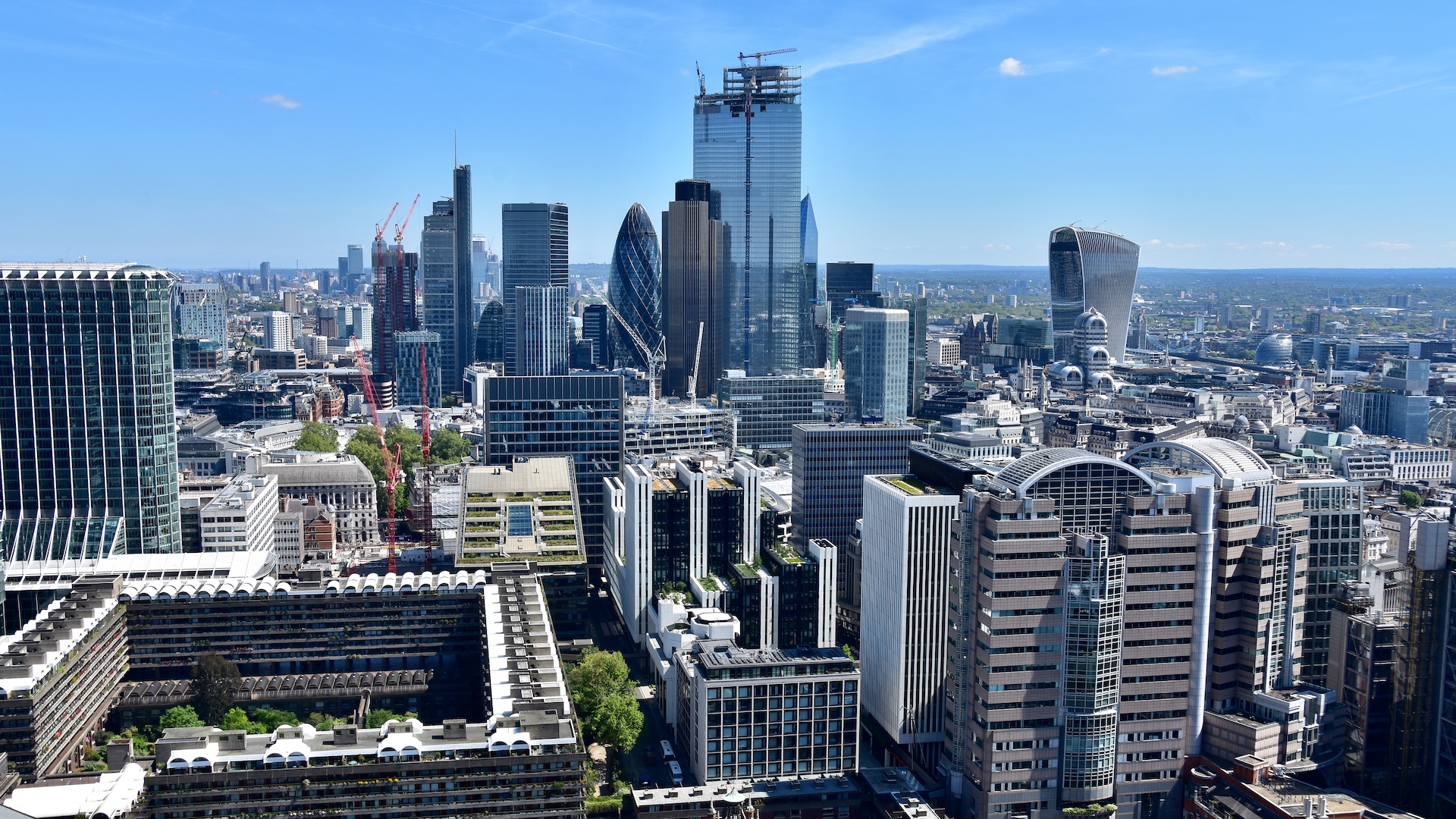As Ralph Waldo Emerson said: money often costs too much. But, as to exactly how much it actually costs, well, no one really has a clue. One thing’s for certain though; it costs a whole lot more when it’s misused. Perhaps today more so than ever before.
Capitalism, which claims to steadily increase the standard of living for all of its citizens, is not working. Generational progress has ground to a halt. Children born today will not enjoy higher living standards than their parents. Or, should that read the majority of children? All the signs are that a small number of the elite will be much, much better off and increasingly so.
We’re already in a situation where the richest 10 per cent own nearly half of British wealth and that figure is heavily skewed to the top 1 per cent. Meanwhile, the bottom half of the population together possess less than 10 percent of it. That gap is widening at an alarming rate too. The Office of National Statistics (ONS) does a survey of wealth and assets every other year, and it shows the average mean wealth for the highest decile wealth bracket consistently gaining, while the poorest decile barely changes. There is zero chance of things changing any time soon, either.
Those who exist at the bottom level of wealth distribution have no wealth or savings to shift their position. They can’t afford to take risks, or try out new opportunities, whether it is in their jobs, improving their educational prospects, or moving to a more thriving location. At the same time, those in the middle, including those who have the benefit of a university education, are finding it increasingly difficult to make headway.
Getting on the housing ladder without help from the Bank of Mum and Dad is extremely difficult, so much of their hard-earned money goes in rent payments to landlords. Meanwhile, those at the top continue to grow their wealth using sophisticated tax avoidance schemes. Furthermore, with inheritance tax low, and easy to avoid, money cascades down the generations. The wealthy congregate in affluent centres such as London, Oxford and Bath. High (and ever-growing) house prices further reduce mobility, and price youngsters out of home ownership. People can’t afford to move. The result: little changes. Inequality becomes self-reinforcing.
The foundation of the problem is that we have all been brought up to accept as gospel that investment for financial gain is good. Nothing else seems to count. I first started to think seriously about this in the aftermath of the 2008/9 financial crisis, when I heard the expression: privatise the profits and socialise the losses. In other words, make sure the big corporations and investors are OK, while passing on the debts for the rest of the nation to deal with.





